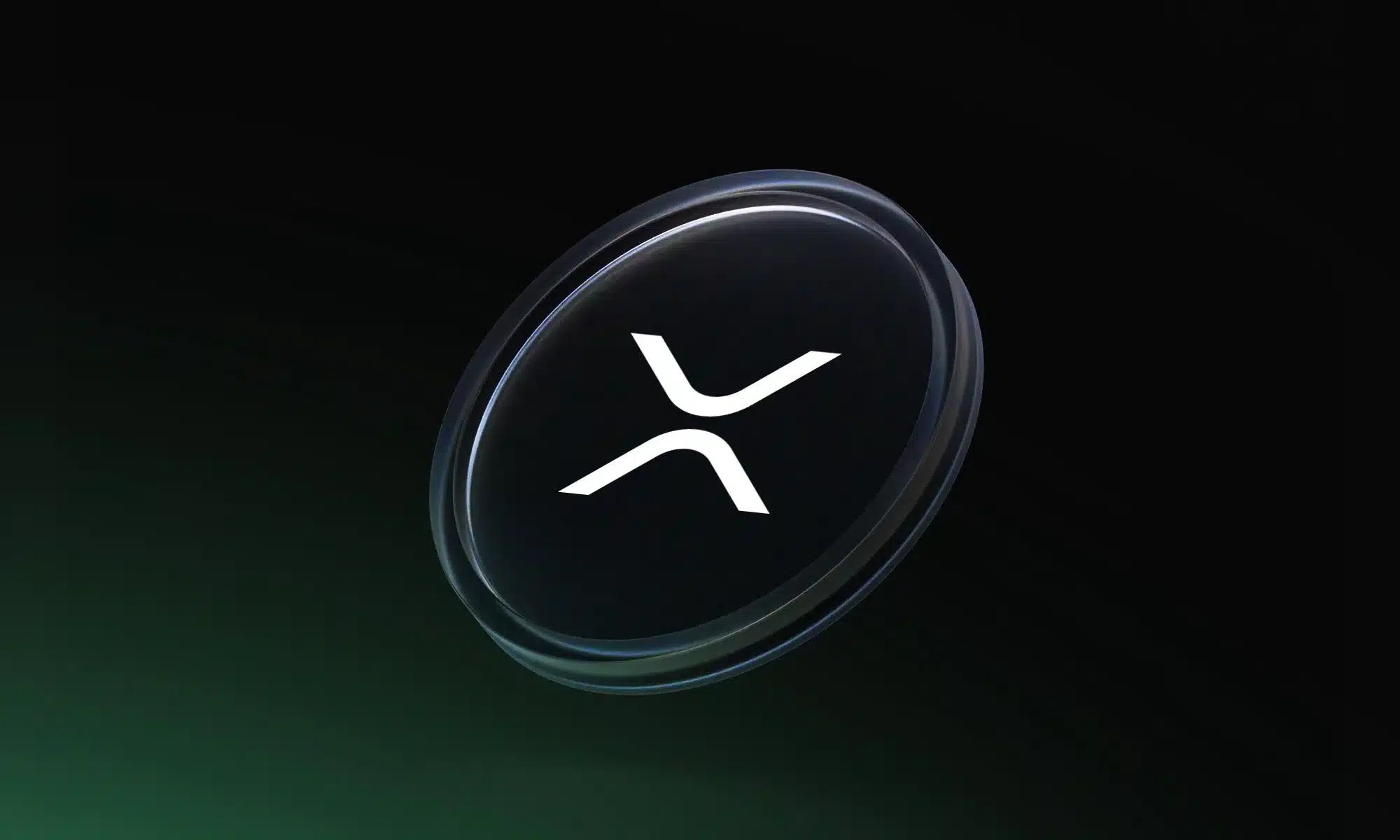Ledger’s $10 Multisig Fee Update Triggers User Backlash in 2025

- Ledger’s multisig update improves security but adds a $10 fee and 0.05% charge on token transfers.
- Users say new multisig fees oppose self-custody goals and challenge Ledger’s open access stance.
- Critics argue essential protection features should not become a paid revenue stream for Ledger.
Ledger brought a new multisig interface to make it easier to sign secure transactions with numerous devices. Users praised the technical changes, but criticized the company for adding a direct transaction fee that had not previously existed. The flat fees are in addition to standard blockchain network gas fees.
Ledger Multisig app now charges $10 flat transaction fee. Instead, transfers of tokens contain a variable 0.05% fee. These fees are paid to platform and they do not make up the blockchain transaction fee that you must also pay for on the network.
An Ethereum developer who goes by pcaversaccio on X slammed the change. He claimed that company wants to create a center of power in the sector. He cautioned that the fee system is in conflict with decentralized philosophies which underpin the notion of self-sovereign ownership.
Users Challenge Ledger’s Fee Policy
The update drew criticism on social media from a number of cryptocurrency users who said it runs counter to Ledger’s public pledge to bring open access. Multisig, they argued in their comments, helps to stop wallet compromises. They argue that a critical protection ought not be used as a cash register.
Also Read: Sygnum Bank Introduces Bitcoin-Backed Multisignature Lending Product with Debifi
Users also complained of the company’s inconsistent communication on the issue. Clear signing was vigorously pushed by company CTO Charles Guillemet’s as essential for secure crypto. Critics said it was inconsistent to charge fees for recurring features that prevent fraudulent transactions.
Confusion Over Multisig Messaging
Guillomet’s comments were made more confusing by the fact that he then immediately implied multisig access would still be free. Documented in Ledger did not appear to agree with that statement. He later explained that calling the service free was a typo. Several users asked how an error like that could be included in official messaging.
 Source: X
Source: X
Ledger is still one of the most well-regarded names in crypto self-custody. The company says it has sold over 7.5 million devices around the world. It boasts securing about 20% of the world cryptocurrency value using its hardware wallets.
Private keys are stored offline in hardware wallets. This means they do not directly face the dangers of the Internet. Ledger also is quick to note that none of its devices have been compromised in the field. The company still emphasizes engineering and firmware updates as testament to its ongoing security focus.
Offline protection does not eliminate risk, security analysts said. Phishing and Social Engineering Attacks Still Target Users Kaspersky researchers cautioned that users remain targets of phishing and social engineering attacks. Victims are typically duped into revealing recovery phrases. This discloses control of the wallet regardless of whether the device has been hacked.
Human error remains the weakest link, analysts said. Criminals prey on confusion, urgency or mistakes, they said. They noted safe handling of seed phrases is still critical for all hardware wallets.
Ledger agreed that the pricing sustains the development and maintenance. It said that there were ongoing resource requirements for multisig updates. The firm has not said it will pull or lower the fees. Now, however, customers must decide whether the upgrade is worth the extra money.
Also Read: Ripple vs Swift: Blockchain Ledger Sparks New Payment Battle
You May Also Like

Ripple (XRP) İçin Tarihi An: Kritik Psikolojik Baraj Aşıldı!

Ethereum Price Prediction: ETH To Reach $500,000?
